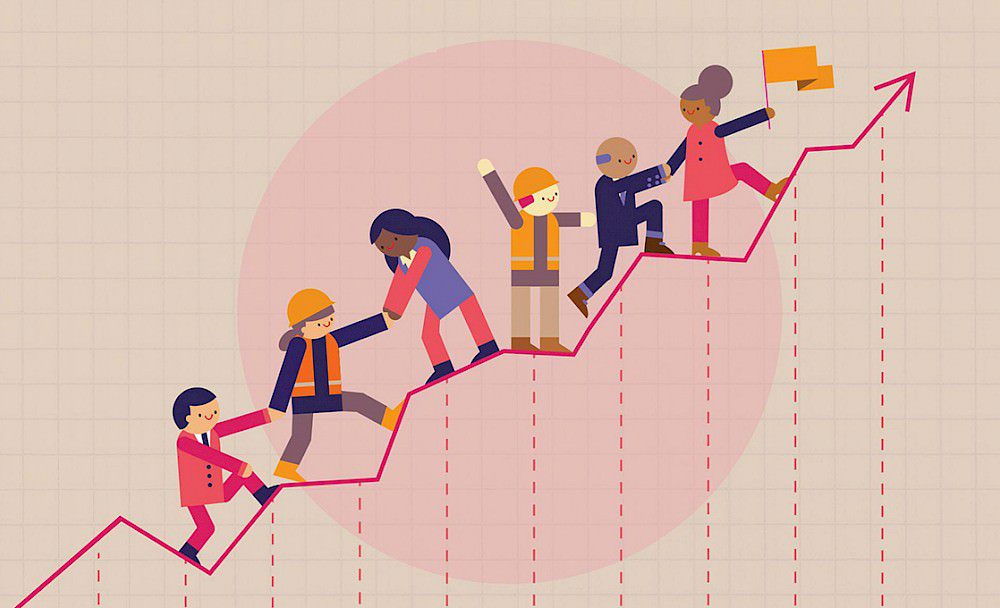Year 10
Introduction to Sociology, social processes and key terms

In the first part of the course we begin to understand key concepts used in sociology and how culture is passed on. We look at how we acquire our identities and all the characteristics which make up the 'self'. We look at our sense of self and how other see us.
Read MoreThe Family

The second part of the course introduces one of the most popular and familiar areas of sociology. Everyone has experience of families at some point in their life, everyone has opinions on the family. Families are changing in contemporary society and new family forms are emerging. Sociologists disagree about both the purpose of the family and how they view the changes in the family. While some see the family as vital for society, other see it as maintaining class and gender inequality. We look at the rise in divorce and decline in marriage in addition to new types of family that are emerging today.
Read MoreEducation

This part of the course looks at schools and how they affect our experience of society. During this topic we look at inequalities across the education system; why there might be differences in achievement between social classes, ethnic groups and boys and girls. In this country the research suggests that you are more likely to achieve if you are from a middle or upper class background. In this topic we question why this may be the case. We look at the effect that a child's background, the school and the wider society has on a child's educational achievement.
Read MoreResearch Methods

This part of the course introduces one of the key areas of sociology - research methods. These are at the heart of the subject as it is what sociologists base their ideas about society on. We look at how sociologists collect data, and the aim of this is in an unbiased way. However, some research methods may mean that the results are more biased, or not as valid, as others. In research methods we learn that sociologists want to understand people's meanings and motives and this part of the course allows us to discover the strengths and weaknesses in all the methods that sociologists use to do this.
Read MoreYear 11
Crime and Deviance

This topic is one of the most popular topics in Sociology. Issues about crime and deviance generate considerable debate in our society. Is crime getting worse? Functionalists believe that a small amount of crime is necessary for society to work well and it can help social change. Marxists see crime as an inevitable result of class inequality and capitalism. In this part of the course we look at what crime is, who is more likely to get caught committing crime and whether official crime statistics are trustworthy.
Read MoreSocial Differentiation and Stratification

The final part of the course brings many of the ideas together that we have learnt throughout Years 10 and 11. We begin to understand differences between individuals and groups and how they may affect life chances. Whereas functionalist and New Right sociologists believe that society is changing too quickly, feminists would see the changes as positive for women. We question whether there is more inequality now than before, and whether the rich are getting richer. We consider the functionalist and New Right arguments that some inequality is good for society as it motivates people to do well. However, Marxists believe inequality allows for the rich to take advantage of the workers.
Read More